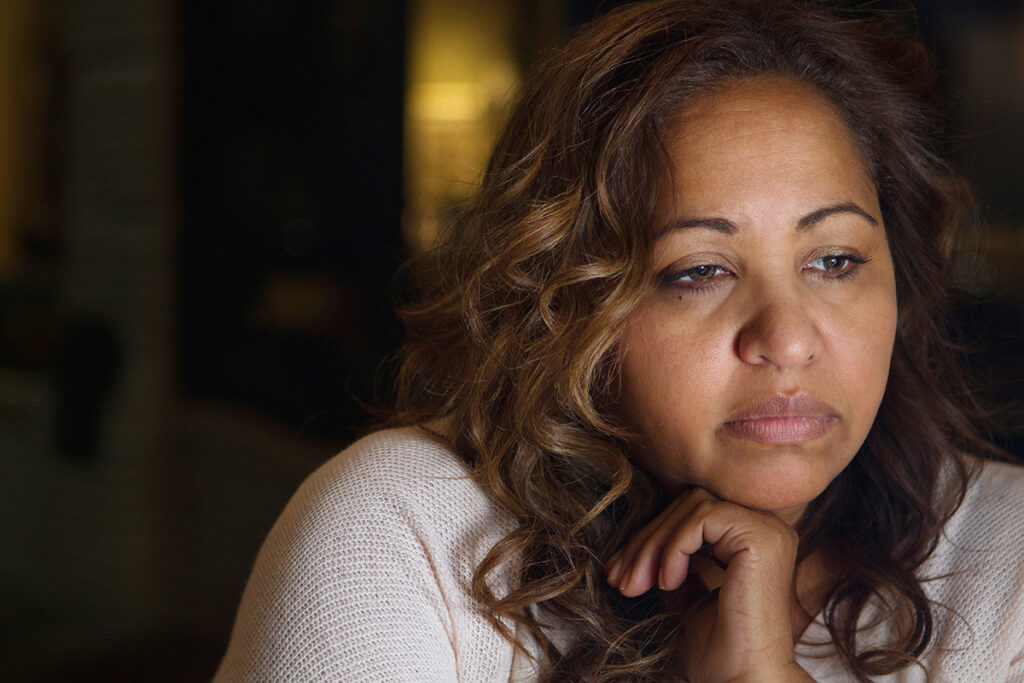The journey from childhood to adulthood brings many challenges for everyone, but experiencing an adverse childhood event can cause children to grow up into troubled, traumatized adults. What constitutes an ACE, and how can lingering trauma from your early years continue to nag at you long into adulthood?
What Is an Adverse Childhood Event?
While traumatic experiences can leave a mark on you at any age, situations such as racial inequalities or a death in the family can be particularly impactful during childhood. One possible reason for this is that young children lack the context or emotional maturity necessary to help them understand and process what is happening to them.
Potentially traumatic childhood experiences could include:
- Moving to a new city or state
- Divorce or family separation
- Witnessing domestic violence
- Having a family member who struggles with their mental health
- Having an incarcerated family member
- Living in poverty
- Being the target of bullying, abuse or neglect
In the short term, adverse childhood events might cause a more immediate reaction such as acting out in school or struggling to make friends. Over the years, they can manifest in issues including substance abuse, mental health disorders, self-harm or suicidal thoughts and behaviors.
How Can Childhood Adversity Be Toxic?
Your body has an innate fight-or-flight response for handling stressful situations. In a typical one-time event such as hearing a loud noise, your body will prepare you to either fight for survival or flee to safety. For example, your muscles will tense, your heart rate will accelerate and your pupils will dilate. After the perceived threat has passed, your body will return to its baseline levels.
However, adverse childhood events are likely to be ongoing instead of one-time events, which causes children’s fight-or-flight response to remain in a nearly constant state of high alert. When this happens, chronic stress becomes toxic to a person’s overall health.
That’s one reason adverse child events can have a ripple effect on your future, putting you at a higher risk of depression, cardiovascular disease, substance abuse and other health conditions as an adult. According to the Centers for Disease Control, at least half of the top 10 leading causes of death link back to ACEs.
Breaking the Cycle of Adverse Childhood Events
As a mother, you want what’s best for your child, including shielding them from the trauma you experienced in your formative years. Just like your genes for blue eyes or left-handedness, you can pass ACEs down to the next generation as if they were hereditary. To break this multigenerational cycle, you owe it to yourself and your child to seek trauma treatment to address the root cause of your ACEs.
Parents who understand their risk for ACEs can get help to avoid passing them on to their children. You can also take steps to reduce the chaos and uncertainty in your child’s life by adhering to regular schedules, setting healthy boundaries and creating a safe, loving environment for them to grow and thrive.
Comprehensive Women’s-Only Trauma Treatment
Canyon Crossing uses various evidence-based treatment modalities to begin the process of healing deep-seated traumas such as adverse childhood events. In our women’s-only Arizona continuing care program, you can find the structure, support and self-confidence you need to move forward in life. Connect with us today to learn more.



